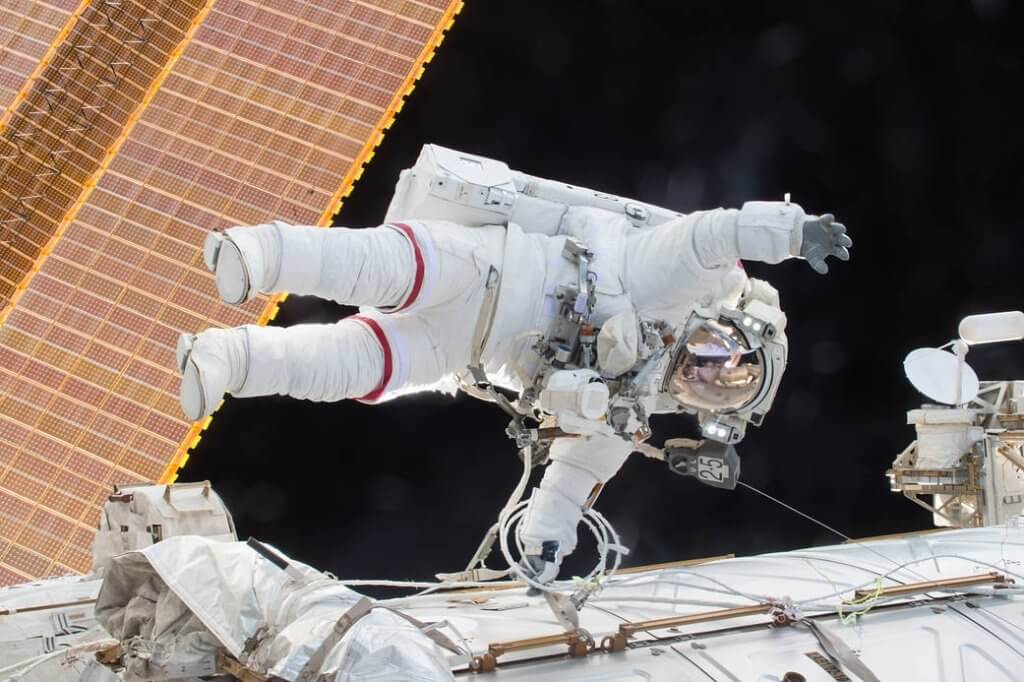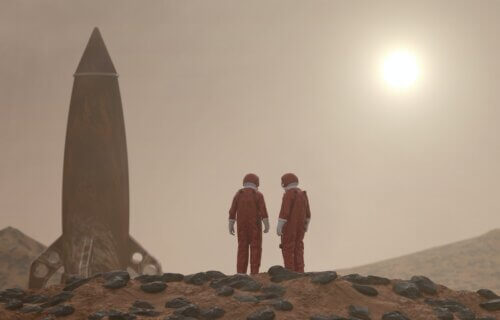TALLAHASSEE, Fla. — Space may be the final frontier, but it may also be a highway to sexual dysfunction for future astronauts. A new study finds male astronauts may face challenges with sexual performance after returning to Earth due to the effects of cosmic radiation and weightlessness.
Researchers from Florida State University investigated whether space travel adversely impacts the vascular tissues critical for preventing erectile dysfunction. Their research, which involved experiments on rats, indicates that even relatively low doses of galactic cosmic radiation, and to a lesser extent, simulated weightlessness, could result in long-term erectile issues.
The findings point to increased oxidative stress as the primary culprit behind these erectile problems. However, the study also presents a silver lining: treatments with various antioxidants may mitigate some of these adverse effects.
“With manned missions to outer space planned for the coming years, this work indicates that sexual health should be closely monitored in astronauts upon their return to Earth,” says one of the study’s authors, Dr. Justin La Favor, Ph.D., in a media release. “While the negative impacts of galactic cosmic radiation were long-lasting, functional improvements induced by acutely targeting the redox and nitric oxide pathways in the tissues suggest that the erectile dysfunction may be treatable.”

In their methodology, the team subjected 86 rats to a four-week regime simulating the conditions of space, including hindlimb unloading and cosmic radiation, at the NASA Space Radiation Laboratory. Follow-up examinations conducted 12 to 13 months later assessed the long-term damage.
The researchers conclude that the findings reveal a previously unrecognized health risk associated with deep space exploration: a sustained impairment of neurovascular erectile function that may affect astronauts’ sexual health for the remainder of their lives following their return from extended space missions.
The study is published in The FASEB Journal.
You might also be interested in:
- Mediterranean diet can help men dealing with erectile dysfunction
- Is living on Mars impossible? Space travel alters genes, weakens astronauts’ immune system
- Lack of gravity can lead to social, emotional impairment for astronauts
South West News Service writer Jim Leffman contributed to this report.

